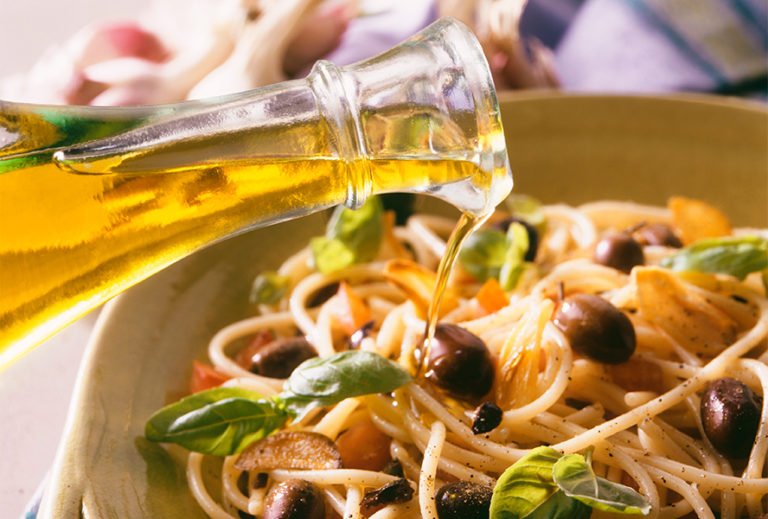Uses of Olive Oil
Olive oil is an edible oil obtained from the fruits of the olive tree known as Olea europaea. It has been used in Mediterranean cuisine for thousands of years and is now widely used all over the world. The oil is extracted from olives by pressing using traditional methods or modern mechanical processes.
There are different types of olive oil. Extra virgin olive oil is of the highest quality and is made from pure, cold-pressed olives. It has a unique fruity flavor and is ideal for dressings, dips, and other uncooked dishes. Virgin olive oil is also made from pure, cold-pressed olives, but with slightly less quality and flavor intensity.
Olive trees are well suited to these areas as they require a warm climate and plenty of sunshine. Olives are typically harvested by hand or by shaking the tree, then pressed to extract the oil. The process depends on the type of olive oil produced and the region where it is produced.
Overall, olive oil is a versatile and flavorful ingredient that has been enjoyed for thousands of years. Whether used to prepare meals or flavor dishes, olive oil is an integral part of many cuisines around the world.
Olive Oil, A Superfood?
Olive oil is often referred to as a “superfood” because of its many health benefits. It is a rich source of healthy mono- and polyunsaturated fats that have been shown to reduce the risk of obesity. In addition to healthy fats, olive oil is also a great source of antioxidants that help protect the body from free radical damage. It is important for health and blood clotting.
Studies have also shown that consuming olive oil as part of a Mediterranean diet may lead to weight loss, improved cognitive function, and reduced risk of depression. The Mediterranean diet is rich in fruits, vegetables, whole grains, fish, and healthy fats, with olive oil being the main source of fat.
Overall, while olive oil does not fit the strict definition of a “superfood,” it is certainly a healthy addition to a balanced diet. Its versatility, delicious taste makes it popular with many people all over the world.
The Pros and Cons of Olive Oil: A Closer Look at its Popularity
Olive oil is a common ingredient in many parts of the world, and it has positives and negatives associated with its popularity.
On the plus side, olive oil is known for its health benefits. It is rich in monounsaturated and polyunsaturated fatty acids, which have been linked to a reduced risk of heart disease, lower cholesterol levels, and improved insulin sensitivity.
Olive oil also contains antioxidants that may help prevent inflammation and protect against certain types of cancer. In addition to its health benefits, olive oil is a versatile ingredient that can be used in many dishes. Its popularity has helped promote the use of healthier fats in cooking and encouraged the consumption of plant-based diets.
However, there are also negative sides associated with olive oil. Some brands of olive oil may mislead consumers by labelling their products as “super virgin” when in fact they are of lower quality. This can cost consumers dearly for a poor-quality product. Furthermore, the production of olive oil can have a negative impact on the environment. The expansion of olive groves could lead to deforestation and water depletion in some areas and have a negative impact on biodiversity and soil health.
Another factor to consider is the cost of olive oil. High-quality olive oil can be quite expensive compared to other oils, which can give the impression of hype or exclusivity surrounding the product. Also, depending on where you live, it can be difficult to find high-quality olive oil. This can create a hyperbolic effect around the product when it is perceived as a luxury or exotic item.
In conclusion, while there are both positives and negatives associated with the hype surrounding olive oil, it is still a healthy and delicious ingredient that can be added to many meals. It is important that consumers are aware of the potential downsides of olive oil production and seek out high-quality products that are not mislabeled.

